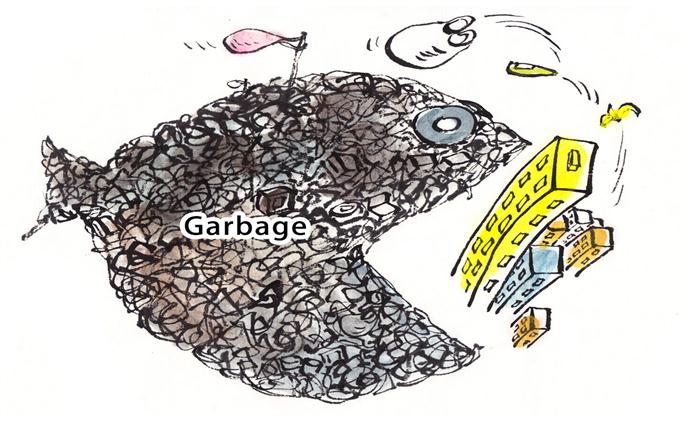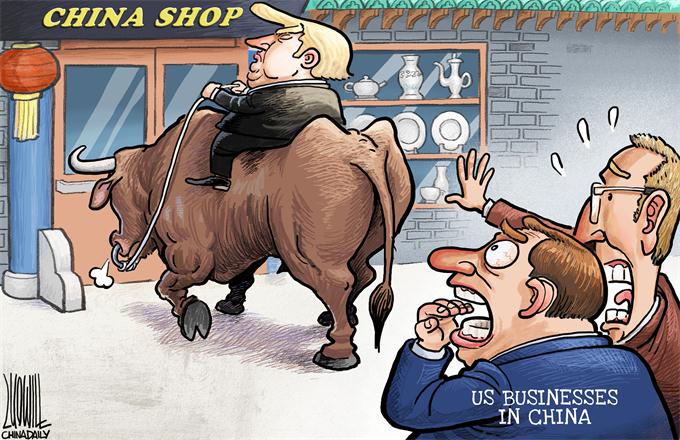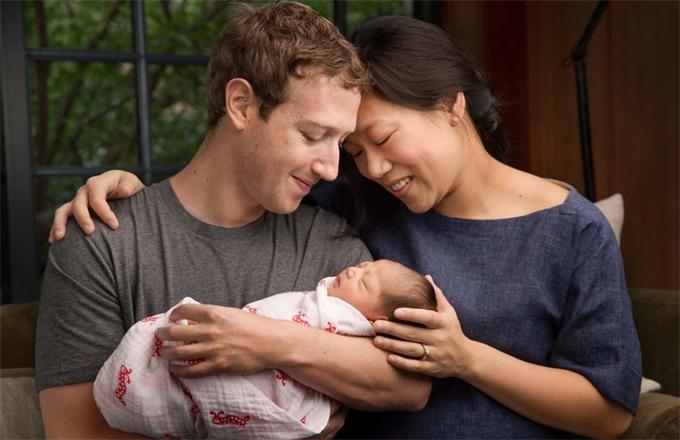It's wrong for rich coastal colleges to 'buy' professors
 |
|
College graduates at a job fair in Nanjing, capital of East China's Jiangsu province, June 5, 2016 [Photo/VCG] |
THE COMPETITION among domestic colleges for famous professors is getting fiercer. Reports show that some universities in western China have lost so many excellent professors to better paying universities in the wealthier coastal regions that they have stopped providing certain majors. Thepaper.cn comments:
According to reports, earlier this year a college in South China's Guangdong province offered an annual salary of 1.2 million yuan ($172,513) plus a fixed research fund of 20 million yuan to lure a talented professor from a university in a less developed region. That payment is extremely high compared with the average salary of 53,615 yuan.
It is wrong for the wealthier universities in the well-developed coastal region to lure the most talented professors from the less wealthy universities in the western region with unreasonably high salaries.
If the rich colleges believe they can improve their research and education in this way, they are misguided. Scientific research requires teamwork; excellent professors need excellent assistants and excellent students to produce excellent results.
Therefore, if a college hopes to improve its research and education capabilities, it must invest time and energy in students, postgraduates, young faculty, and senior professors. Employing a famous professor is not enough on its own.
The trend for rich universities to "buy" famous professors also shows that some of the deans are rather short-sighted. They do not care much about the true quality of their education and research in the long run; instead, they want to polish their annual performance evaluations most in order to get promoted, and hiring a famous professor is a convenient way to achieve that.
Actually, some rich colleges not only "buy" famous professors, but also "invest" in other research programs that can get returns within a short term. That has much to do with the system for evaluating colleges, which places too much emphasis on short-term programs. It is time to find a better way to evaluate the performance of colleges.



















